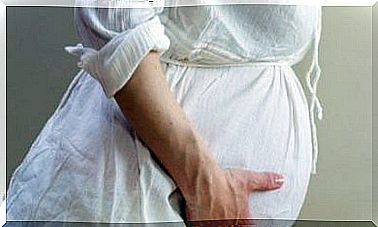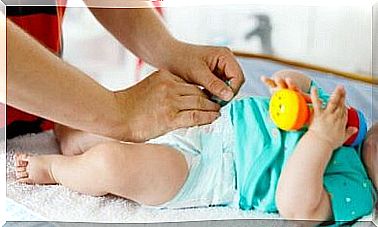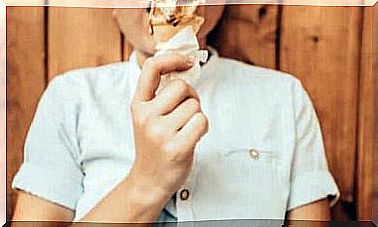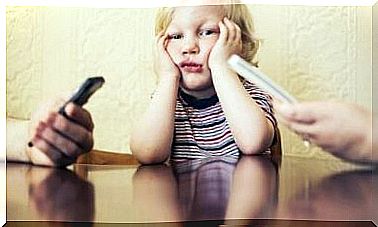How To Identify Appendicitis In Children
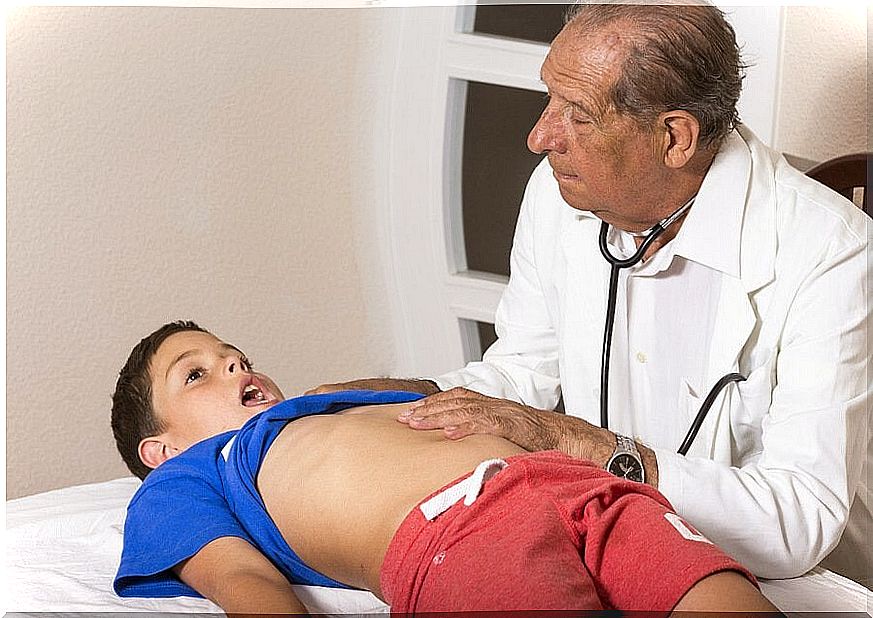
When it comes to identifying appendicitis in children, the classic symptoms in adults are not reliable. Loss of appetite, nausea and vomiting are not exclusive indications of appendicitis.
The diagnosis of appendicitis in children is not easy. The symptoms of appendicitis in children are similar to other diseases, such as gastroenteritis, food poisoning or respiratory disorders .
Only 33% of pediatric cases show the described symptoms. Therefore, it is necessary to sharpen your senses before certain warning symptoms appear.
What is appendicitis?
Appendicitis is inflammation of the appendix, and occurs because it is blocked. It may be due to hardened stools, infection or due to inflammation of the lymph nodes in the intestines.
It is a serious condition if the appendix ruptures. When this happens, bacteria are released in the back cavity. It can cause serious infections.
Appendicitis tends to affect young people around 20 years of age. In children between one and four years, there are on average 1 to 2 cases per 10,000. In the case of newborns, from 0 to 30 days, there are only a very few cases that are extremely dangerous. 80% of them are through an autopsy.
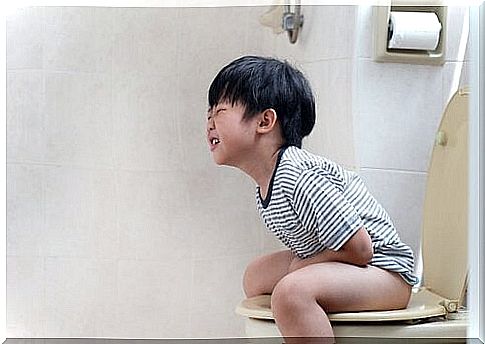
Since the symptoms are difficult to link directly to appendicitis, medical help is very important. Between 20 and 30% of pediatric examinations show rupture of the appendix.
For physiological reasons, the spread of infections after fractures is very understandable. Because of this , constipation is considered a serious disease which in some cases can be fatal.
Signs of appendicitis in children
In fact, appendicitis is not very common in children. This makes it the main cause of confusing the symptoms with other diseases. It will therefore be necessary to pay attention to abdominal pain, which may be a clear sign.
Appendicitis pain begins in the umbilical region and after a few hours they extend to the lower right part of the abdomen. The first will be to notice how great the pain is. If the child feels pain, but continues to play, eat and laugh, it is not so serious.
If the child complains of severe pain that makes them unable to do their thing normally, it is necessary to go to the emergency room immediately. In some cases, children with appendicitis complain of discomfort in the right leg due to the pain reflex.
Warnings
In addition to abdominal pain, it is necessary to pay attention to other things. The symptoms are:
- Abdominal pain: Abdominal pain with vomiting of blood. In addition, there is blood in the stool.
- Body fluid: This fluid may be bile, a sign of torsion or blockage in the stomach or intestines. In these cases, you are facing a real emergency.
- Flatulence: It can be caused by appendicitis, but also by other diseases.
- Pain when pushing to the abdomen: Especially if it is pressed and then suddenly released. This pain usually means that the peritoneal lining, the membrane that controls abdominal cramps, is inflamed.
- Being in fetal position: It happens when the baby calms over abdominal pain and lies down with his legs up against his stomach.
- Difficulty maintaining a good posture when walking: The child complains of abdominal pain and is bent over.

Treatment of appendicitis
Treatment of appendicitis in children will require surgical surgery. If the baby’s pendant does not rupture, you will be given antibiotics to reduce the infection and remove it. Once the appendage has ruptured, in addition to removing it, be careful to remove peritoneal cavities.
Once the bacteria are gone, major surgery is required as part of the treatment. The goal is to ensure that the bacteria present do not move to other parts of the stomach, and cause serious infections.
Children whose appendages have ruptured must stay longer in hospital. It is important to start taking antibiotics as the risk of infection is very high.

